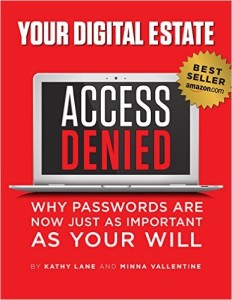 As everyone probably knows by now, Prince died on April 21, 2016 and he didn’t have a will. You’d think that someone who had attorneys involved in almost every phase of his life and was worth more than $250 million would have done some estate planning, but evidently not.
As everyone probably knows by now, Prince died on April 21, 2016 and he didn’t have a will. You’d think that someone who had attorneys involved in almost every phase of his life and was worth more than $250 million would have done some estate planning, but evidently not.
Once his death was announced, 29 people came forward claiming to be Prince’s relatives. After several court hearings and DNA testing, the group was whittled down to 6. A few weeks ago, the judge ordered additional genetic testing to conclusively determine whether these people are his descendants.
What did all of these court hearings, testing sessions and attorneys cost? We don’t know but the amount is definitely a sizeable figure. It’s an amount that could have been avoided if Prince had written a will and a trust. In those documents, he could have spelled out exactly what he wanted done with his money and to whom he wanted it to go.
You probably don’t have $250 million to worry about but, whatever the amount, you can make it much more cost effective and a lot less nerve wracking for your heirs if you’ll just prepare the appropriate legal papers. That way, there won’t be a lot of guessing and fighting in court about what others think you meant to happen. It will all be spelled out in your will and trust so there will be no doubt about your wishes.
For information about estate planning, go to our website www.diesmart.com or consult a estate planning attorney.



